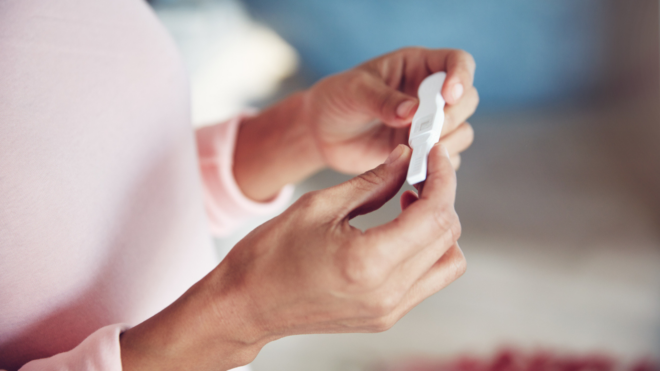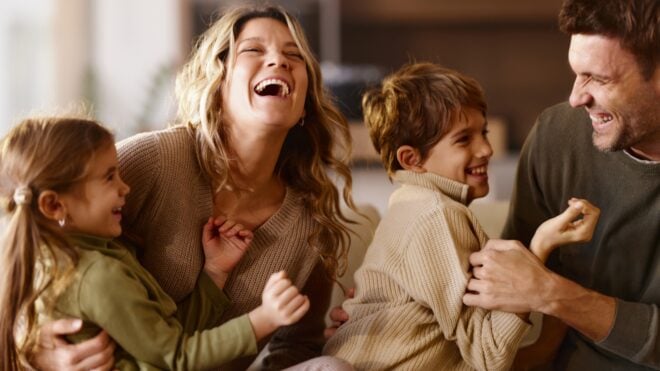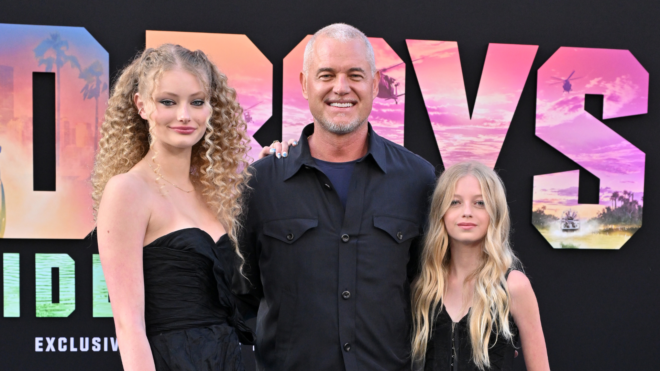
In my seven years and nine months of sobriety, 2020 was the closest I’ve come to relapsing. My pandemic-induced feelings of isolation and helplessness reignited the message inside my brain that said, over and over, make the hurting stop. Like so many recovering alcoholics, alcohol was my numbing agent. I wasn’t alone in this feeling or the socially acceptable message that booze could be used as a solution to all my problems.
The pandemic has created a disastrous recipe for enabling the rise of alcohol dependency among women and mothers. Two glasses might, at first, make the stressors of homeschooling seem more manageable, but all too quickly two becomes three, and suddenly it’s the whole damn bottle. Our visible and invisible loads become too great a burden to carry, and the allure of the bottle too compelling, until, inevitably, we
All.
Fall.
Down.
For alcoholics, somewhere along the way the desire for a drink morphs into a need
With everything else spinning painfully out of our control, another tragedy occurred without our permission: Women have lost our identity without alcohol. More than that — we’ve lost the confidence in our ability to mother, sober.
Memes and ads with giant wine glasses labeled “Mommy Juice” or “Mommy’s Medicine” parade across our social feeds. Drinking is unapologetically advertised to women as a method of “self-care.” These messages desensitize us into believing alcohol is the solution to our problems.
We’ve lost the confidence in our ability to mother, sober.
The logic is simple: Our plates are overloaded, so this glass – or bottle – is what we’ve “earned” as a reward. Drinking blurs the lines between getting through painful feelings and trying to escape them, so in the light of day, no progress or personal growth can be made. Caroline Knapp writes in her memoir, Drinking: A Love Story, “The hard things in life, the things you really learn from, happen with a clear mind.”
So, what would happen if instead of inviting mothers to escape, we empowered them to believe in themselves?
Mothers really do know best, especially as it pertains to our children, and we, innately, have what it takes to endure hardship — we’ve done so since the dawn of time. Any narrative that suggests otherwise is an insult to our internal strength. As Glennon Doyle, author and fellow sober mother says, “We can do hard things.” It’s up to us to start changing the conversation around motherhood to say: The magic lies within us, not within a bottle of booze.
Today, just over a month into 2021, we finally have tangible reasons to be hopeful
The vaccines are here, the number of new COVID-19 cases is dropping, we have a new president and administration. I urge you to consider if now might be the perfect time to consider looking inward, and asking yourself if it’s time for a change. What could your life look like without alcohol muddling your greatness?
I made this hard and very personal decision in 2013, and as a result, I got to meet the greatest version of myself. I can’t even begin to count all the blessings a life without alcohol has granted me, but I’ve gained three amazing daughters, health and fitness, stronger connections with friends and family, and the opportunity to pursue my passion as a writer. I have earned an unclouded perspective and appreciation for a life lived consciously.
By far the most inspiring consequences of sharing my story was learning my story also belongs to so many other women
Women everywhere are wanting to grant themselves permission to explore the life that is possible when we rid ourselves of the burdens of booze. Imagine existing in a world where this is encouraged, applauded, and widely attempted.
I’m so grateful whenever anyone, anywhere vocalizes their decision to quit drinking. Normalizing the behavior of choosing not to continually put an addictive, poisonous liquid into our bodies should not be a revolutionary idea, but it is.
Chrissy Teigen recently shared via Instagram stories that she read Holly Whitaker’s book Quit Like A Woman: The Radical Choice to Not Drink in a Culture Obsessed with Alcohol. Teigen bravely wrote, “One month ago, on my birthday, I got this book from my doctor and friend. I was done making an a– of myself in front of people (I’m still embarrassed), tired of day drinking and feeling like s— by 6, not being able to sleep. I have been sober ever since ….” Her post will inspire others, who will then inspire others.
The more moms who use their voice to normalize sobriety and live recovery out loud, the louder the message that an empowered sober existence is possible. Let’s encourage each other to love the woman who emerges, perfect in her flawed resilience, once the alcohol has disappeared. Let’s work together to rephrase the narrative that removes the power from alcohol and celebrates female empowerment.




